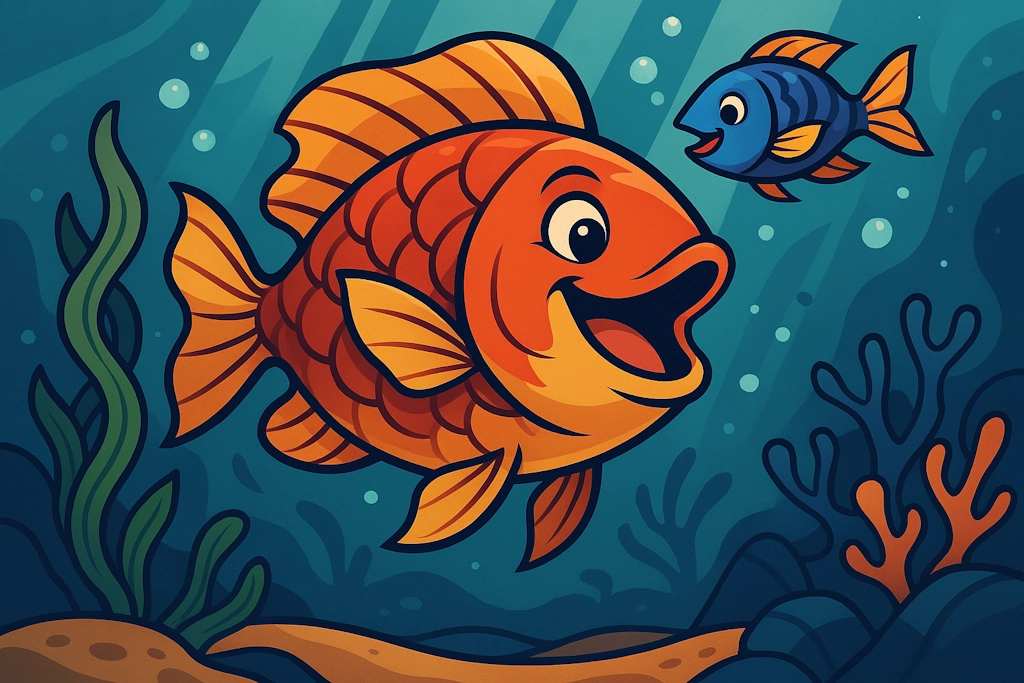🐠Fishes
Generate names for aquatic creatures that swim in oceans, rivers, and lakes.

Fishes
Generate names for aquatic creatures that swim in oceans, rivers, and lakes.
Example Fishes
Get inspired by these sample results
- Hawkfish
- Boxfish
- White Marlin
- Spot
- Paddlefish
- Blueline Tilefish
- Surgeonfish
- Atlantic Bonito
- Banded Sea Krait
- Basselets
